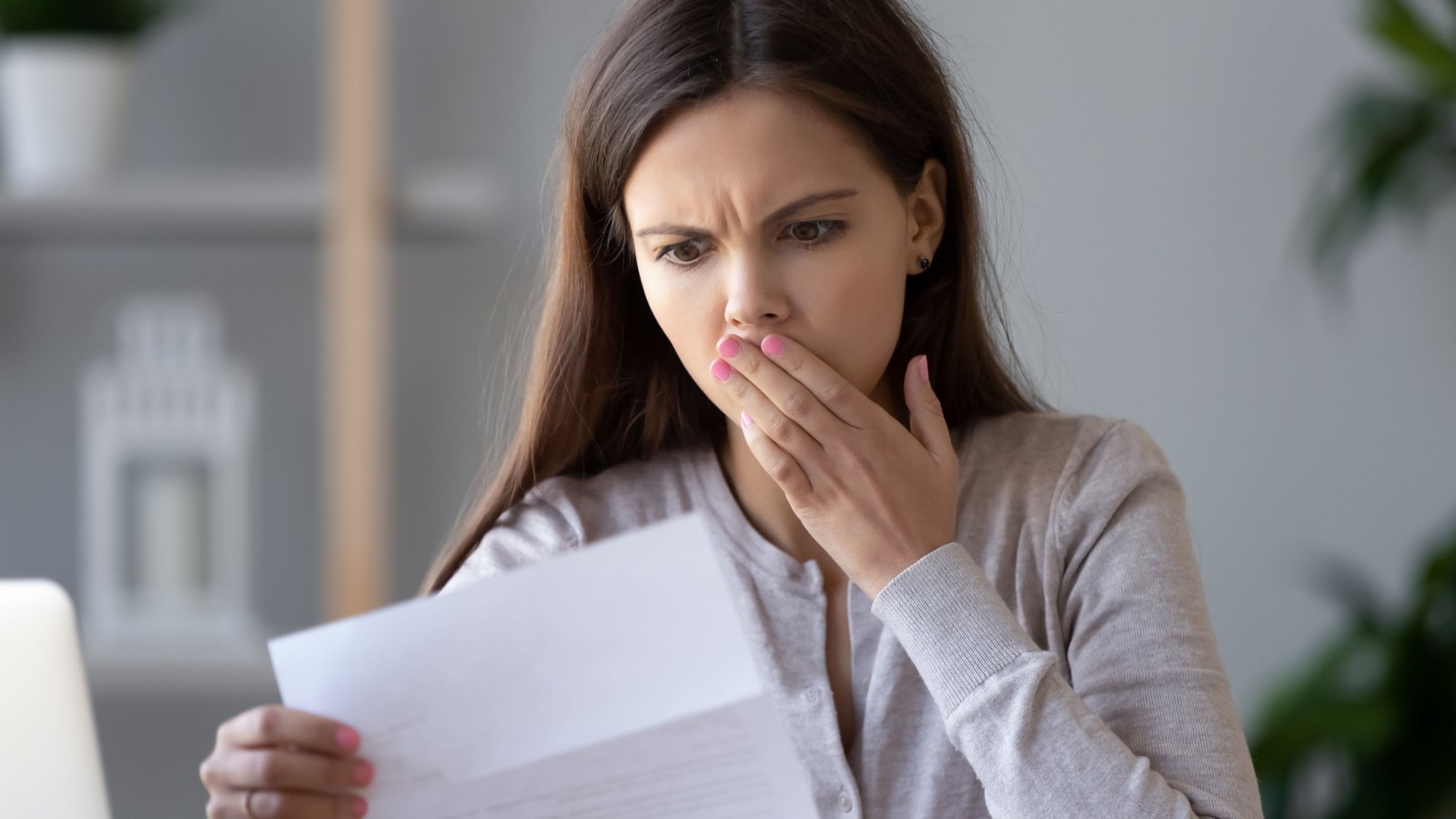Energy efficiency is a crucial aspect of modern living, yet many people unknowingly waste electricity in their daily routines, observes Avalon Property Management, a leading property management Woodstock GA company . These hidden energy drains can add up, leading to higher utility bills and a larger carbon footprint.
Identifying and addressing these common mistakes can lead to significant savings and a more sustainable lifestyle. Explore the most common, often-overlooked ways you’re wasting electricity without realizing it.
Leaving Lights On
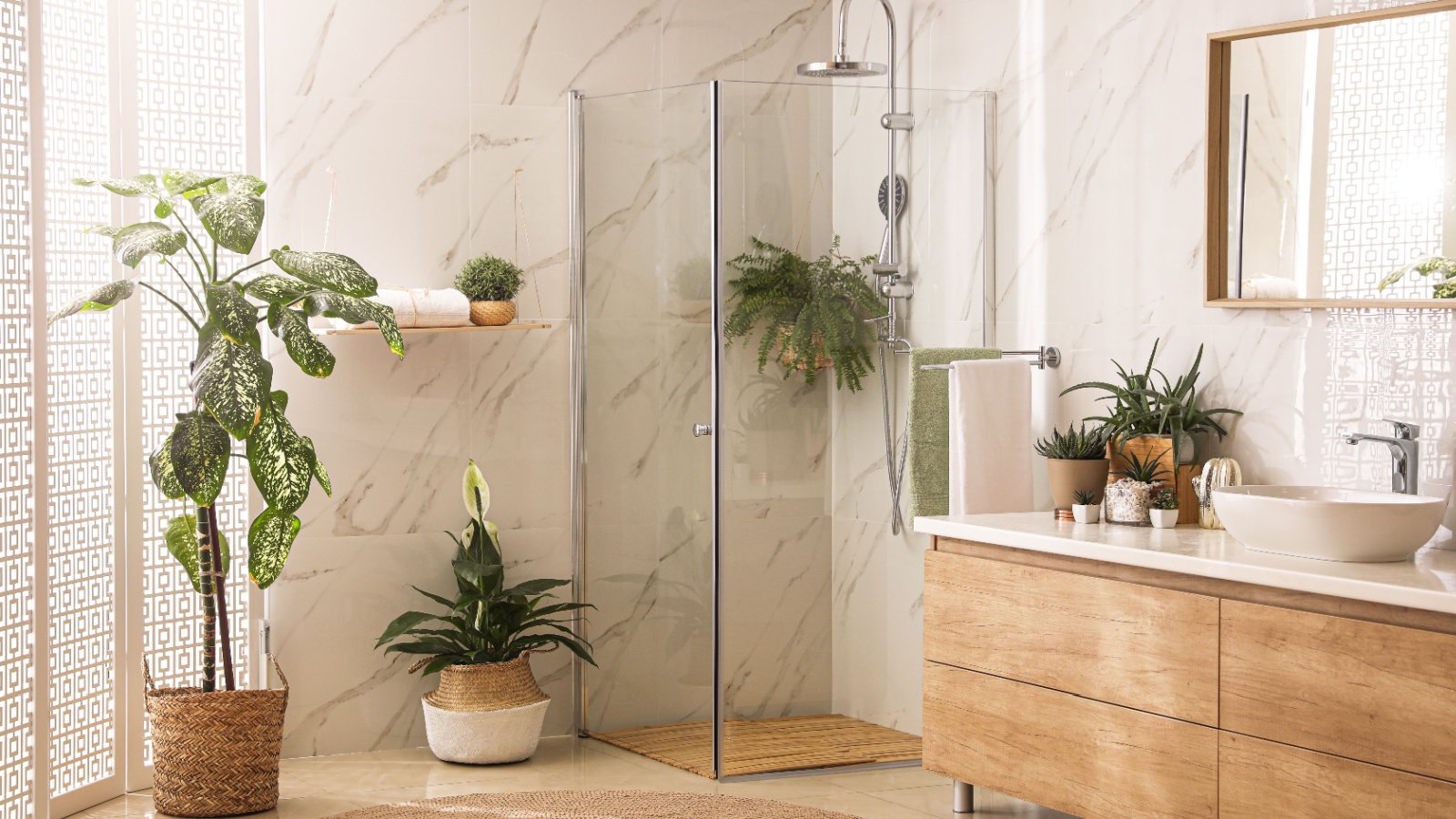
Forgetting to turn off lights when leaving a room is a common habit that wastes electricity. Even energy-efficient bulbs consume power unnecessarily. Make it a habit to switch off lights when they’re not needed to save energy and money.
Phantom Loads

Many devices consume electricity even when turned off, known as phantom loads. Chargers, televisions, and computers often draw power when plugged in. Unplugging these devices or using a power strip can eliminate this waste.
Overusing Air Conditioning

Setting your air conditioner too low not only wastes electricity but also increases your utility bills. Keeping the thermostat at a moderate temperature, like 78°F in summer, can make a big difference. Consider using fans to circulate cool air more efficiently.
Inefficient Appliances
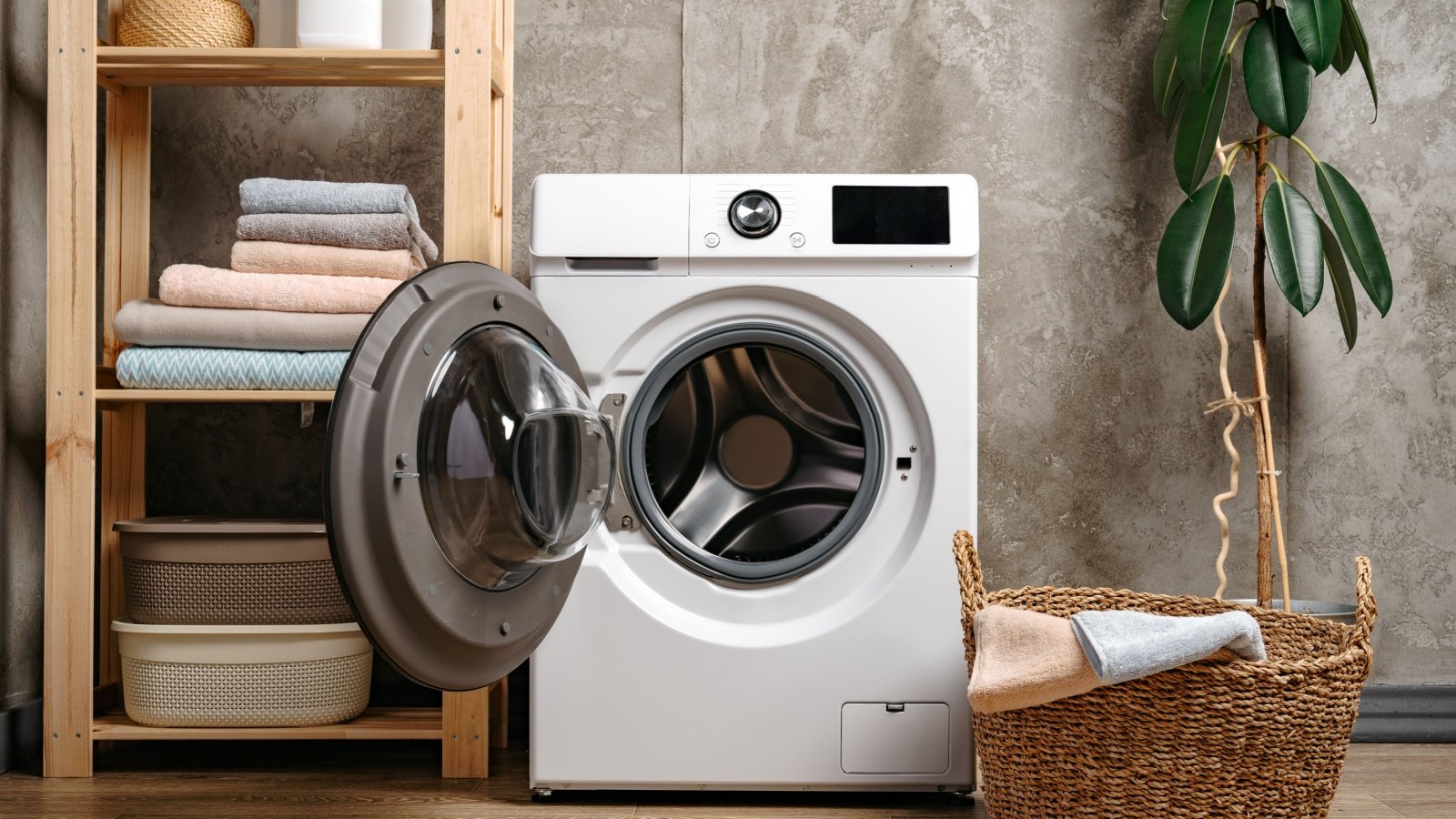
Older appliances often use more electricity than newer, energy-efficient models. Refrigerators, washers, and dryers are common culprits. Upgrading to ENERGY STAR-rated appliances can significantly reduce your energy consumption.
Long Showers

Taking long, hot showers not only wastes water but also the energy used to heat it. Reducing shower time can lead to substantial energy savings. Installing low-flow showerheads can further enhance efficiency.
Incandescent Bulbs
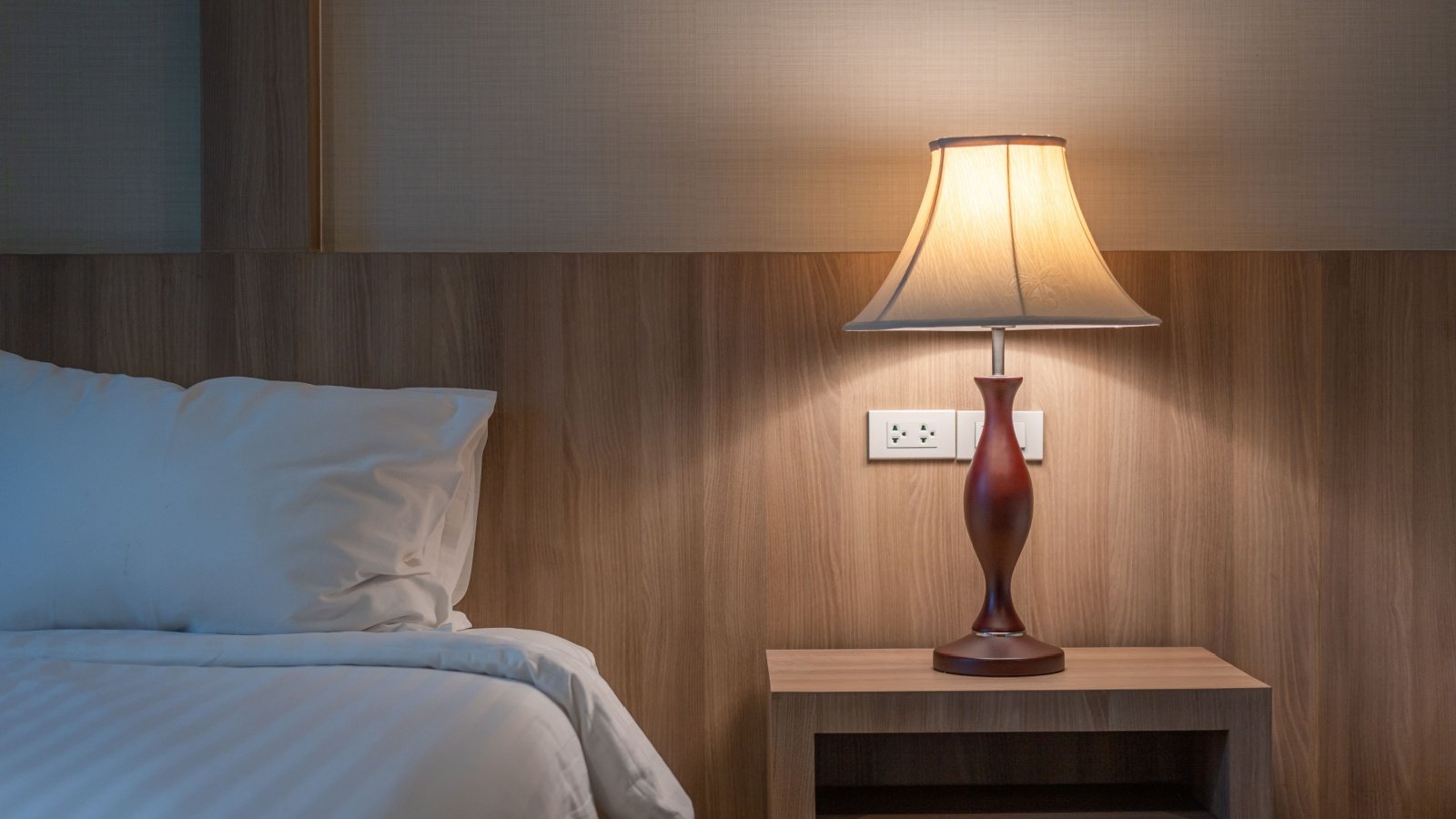
Incandescent bulbs are highly inefficient compared to LEDs or CFLs. They convert most of their energy into heat rather than light. Switching to energy-efficient bulbs can drastically cut your electricity usage.
Not Utilizing Natural Light

Relying solely on artificial lighting when natural light is available is a waste of electricity. Open curtains and blinds to let sunlight illuminate your home. This simple change can reduce the need for electric lights during the day.
Poor Insulation
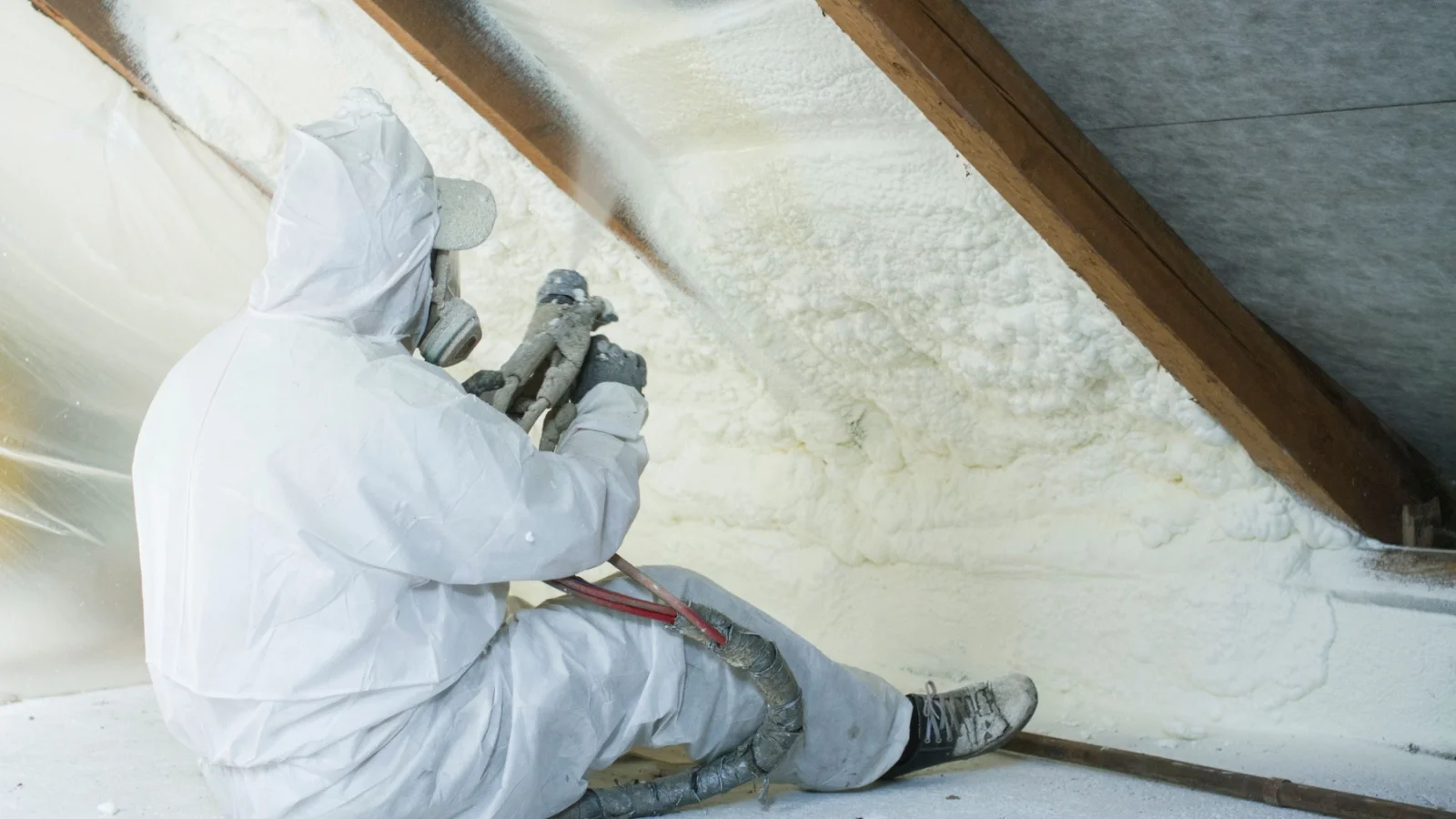
Inadequate insulation in your home can lead to excessive use of heating and cooling systems. Proper insulation helps maintain indoor temperatures, reducing the need for additional energy. Check your home’s insulation to ensure it is effective.
Half-Empty Loads
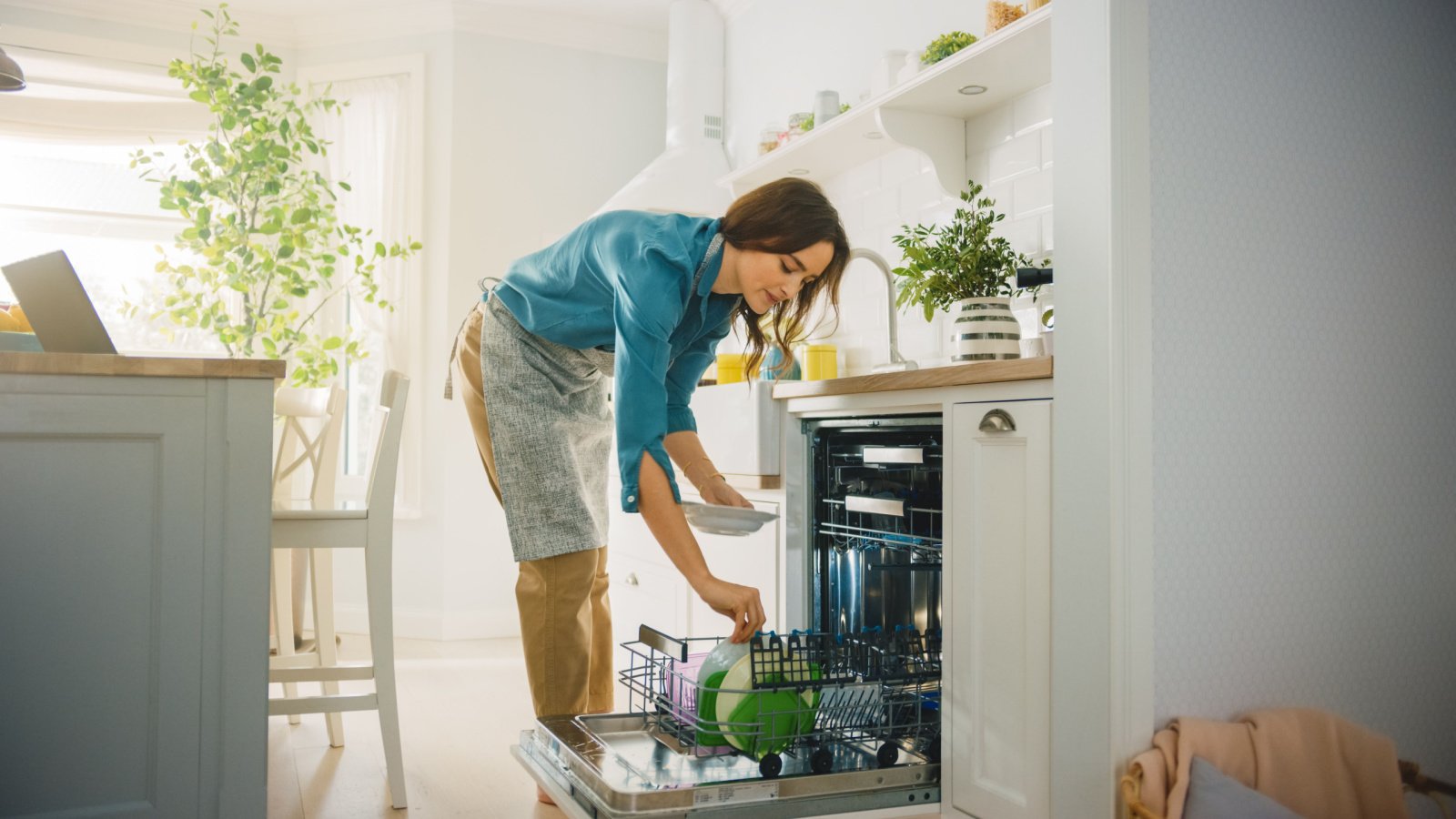
Using dishwashers and washing machines with partial loads wastes electricity and water. Wait until you have a full load to run these appliances. Many modern machines have eco-friendly settings to further save energy.
Old Windows
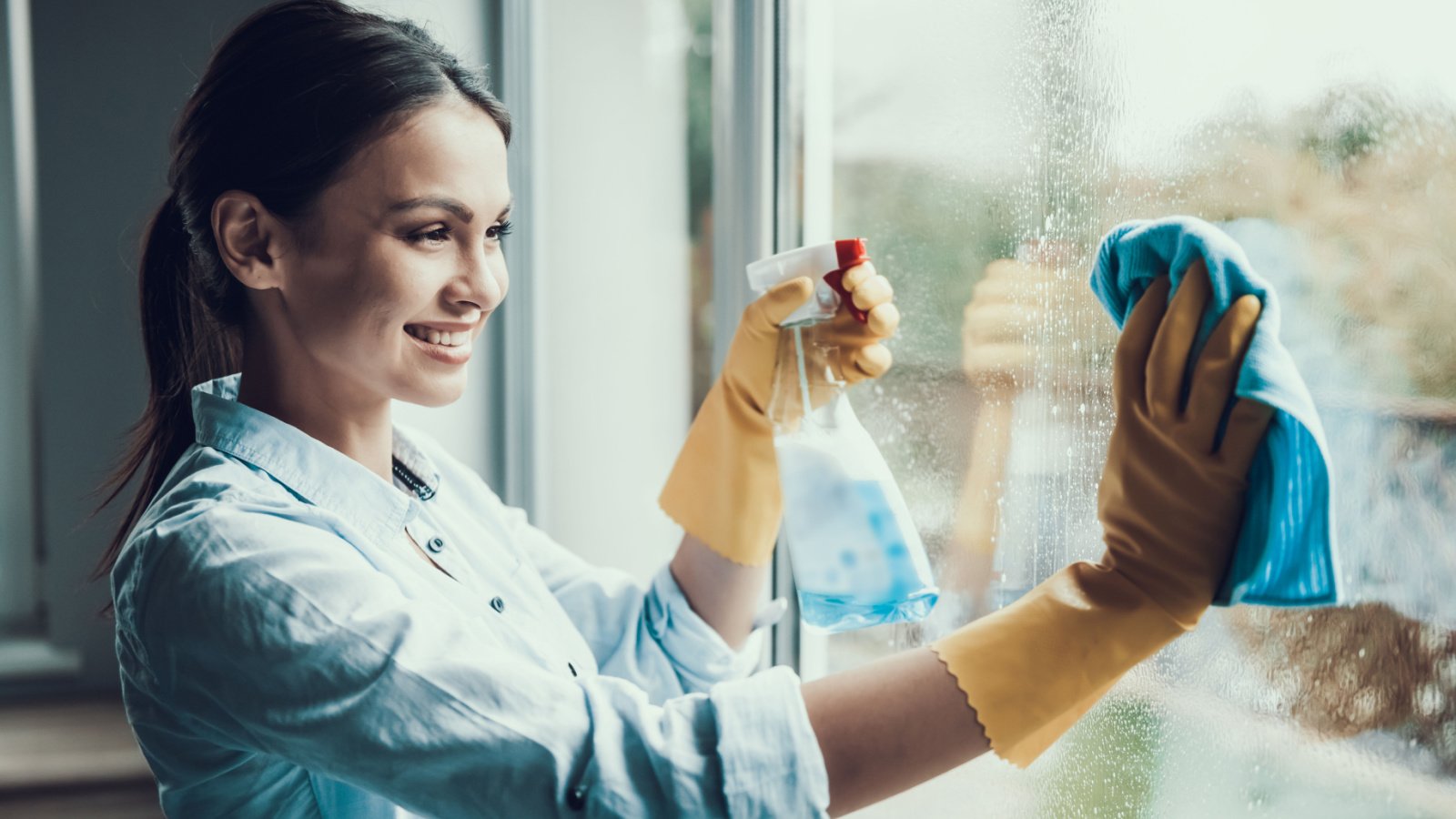
Single-pane windows allow heat to escape, causing your heating system to work harder. Upgrading to double-pane or energy-efficient windows can prevent energy loss. This investment can lead to significant long-term savings on your utility bills.
Electronics on Standby

Leaving electronics on standby mode can add up to a substantial energy waste over time. This is particularly true for home entertainment systems. Turning off devices completely when not in use can help save electricity.
Overcharging Devices

Leaving phones and laptops plugged in after they’re fully charged wastes electricity. Overcharging can also reduce battery lifespan. Unplug devices once they reach 100% to save energy and prolong battery health.
Electric Heaters

Electric space heaters consume a lot of electricity and can be inefficient for heating large areas. Using central heating or more efficient heating solutions can reduce your energy usage. If you need extra warmth, consider using energy-efficient space heaters.
Air Filter Maintenance

Dirty air filters in HVAC systems force the units to work harder, using more electricity. Regularly changing or cleaning filters ensures efficient operation. This simple maintenance task can improve your system’s performance and save energy.
Water Heater Too High

Many water heaters are set to a higher temperature than necessary. Lowering the thermostat to around 120°F can reduce energy consumption. This temperature is sufficient for most household needs and helps prevent scalding.
Programmable Thermostat

Programmable thermostats allow you to set temperatures based on your schedule, reducing energy use when you’re not home. Adjusting settings automatically saves electricity without sacrificing comfort. Investing in a smart thermostat can offer even greater control.
Poor Fridge Organization

Overstuffing your refrigerator can block air circulation, causing it to work harder and use more energy. Keep your fridge organized and not overly packed. Regularly cleaning coils can also improve efficiency.
Leaky Faucets

Leaky faucets waste water and the energy used to heat it, particularly with hot water taps. Fixing leaks promptly can save significant amounts of both water and electricity. Even small drips can add up over time.
Desktop Computers

Desktop computers typically use more electricity than laptops. Switching to a laptop for everyday tasks can save energy. If you prefer a desktop, consider an energy-efficient model and turn it off when not in use.
Weatherstripping
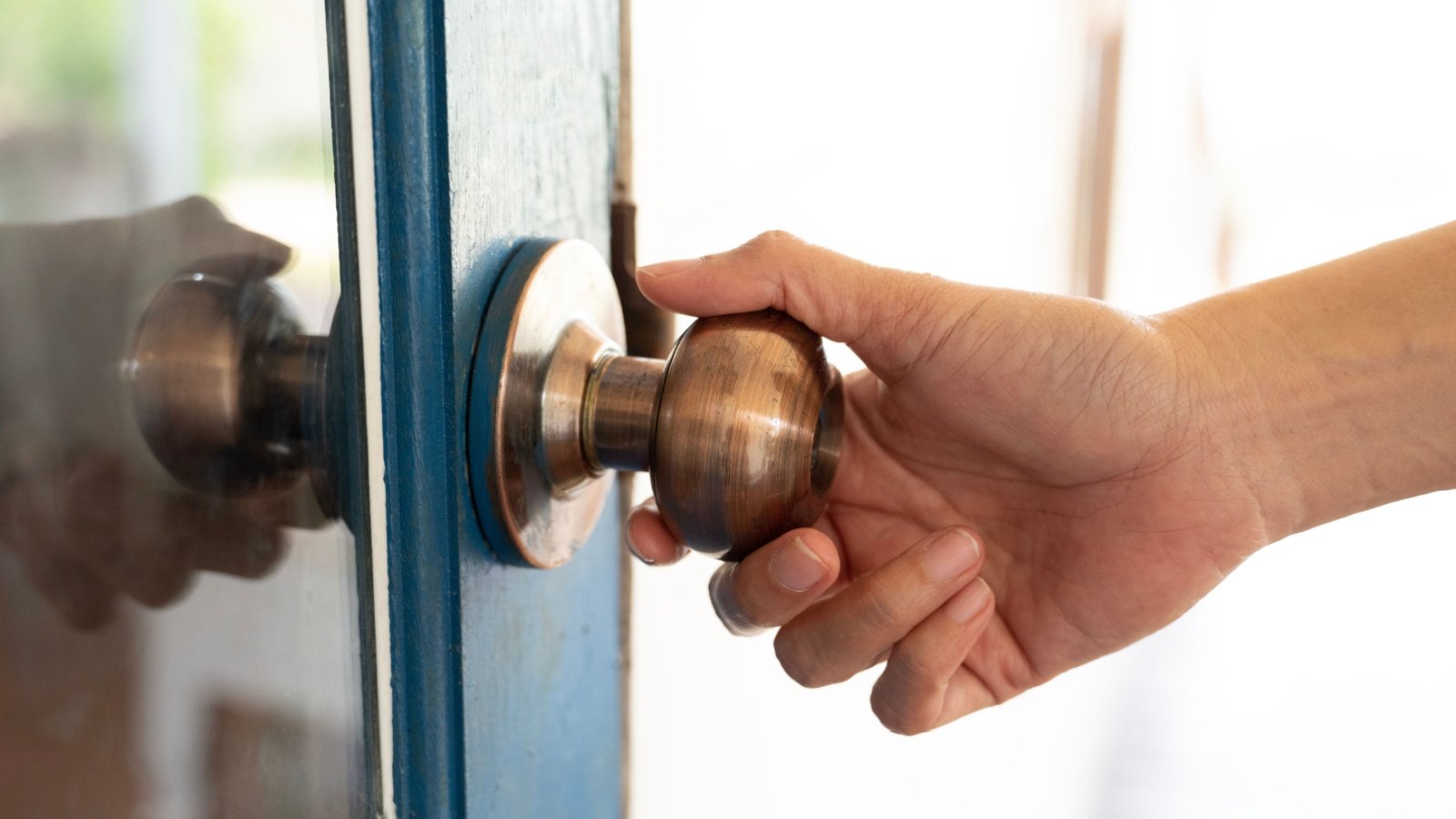
Gaps around doors and windows allow heat to escape, increasing your heating costs. Applying weatherstripping seals these gaps and improves energy efficiency. This simple fix can significantly reduce your energy bills.
Hot Water for Laundry
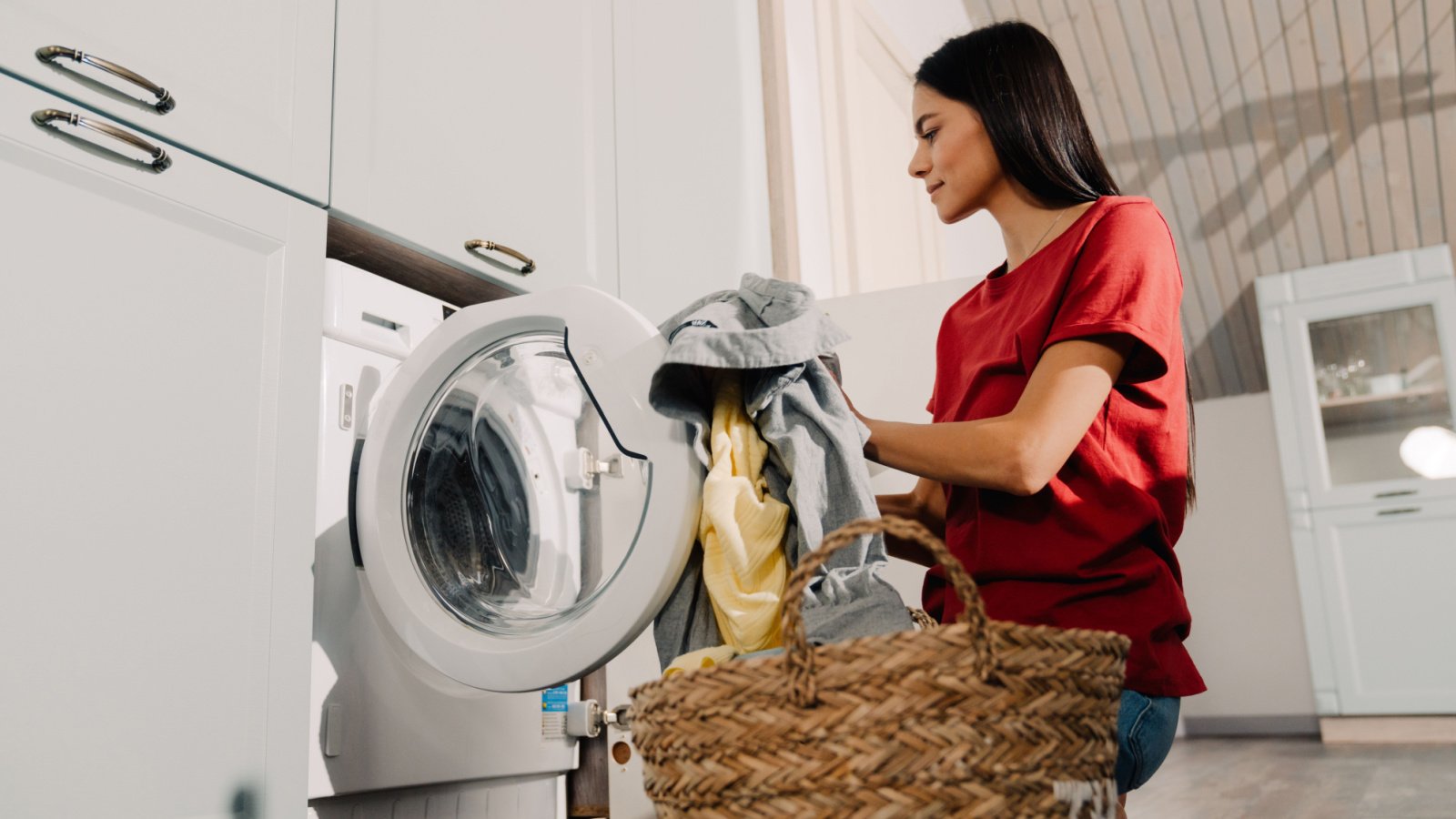
Washing clothes in hot water consumes more energy than cold water. Most modern detergents are effective at lower temperatures. Opt for cold or warm water settings to save electricity and protect fabrics.
Leaving Fans On

Ceiling fans cool people, not rooms. Leaving them on when no one is in the room wastes electricity. Turn off fans when you leave to conserve energy.
Not Adjusting Fridge and Freezer Settings

Keeping your refrigerator and freezer colder than necessary wastes electricity. Set your fridge to 37-40°F and your freezer to 0-5°F for optimal efficiency. Regularly check the settings to ensure they are not too low.



